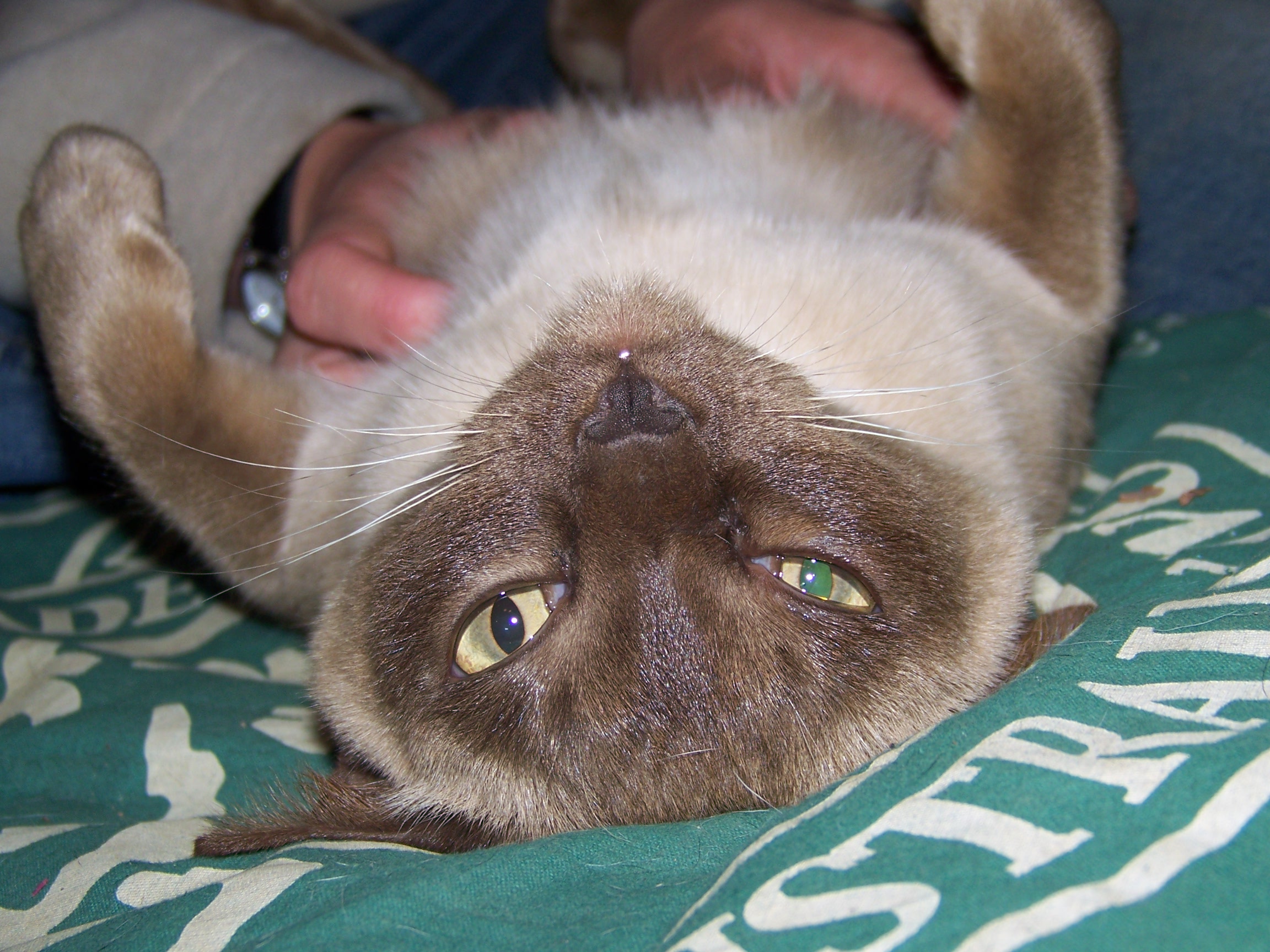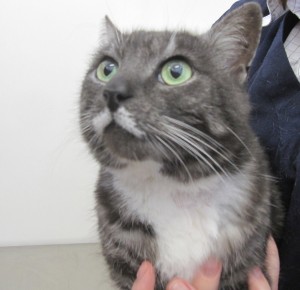 Hypertension is the medical term for high blood pressure, a silent killer of older cats.
Hypertension is the medical term for high blood pressure, a silent killer of older cats.
What causes hypertension in cats?
Hypertension is usually secondary to another disease. Kidney disease is the most common cause of hypertension but cats with adrenal gland tumours or treated for hyperthyroidism also develop high blood pressure at times. Sometimes no underlying cause is found.
Most cats with hypertension are older than 9 years of age.
What are the effects of hypertension?
Hypertension damages all body organs but we notice it most in:
- the eyes. The small vessels in the retina break under pressure. The bleeding detaches the retina and the cat becomes blind.
- the brain. Ruptured blood vessels cause ‘strokes’, fits, twitches or unusual behaviour
- the kidneys. Increased blood pressure damages the delicate filtration system of the kidney.
- the heart. The heart has to work harder to push the blood out into the body and the heart muscle thickens and becomes less efficient. Sometimes the heart goes out of rhythm or we hear a murmur with the stethoscope. Affected cats may show signs of heart failure such as breathlessness, lethargy, weakness or fainting.
How do we detect hypertension?
We measure the blood pressure of all cats over 9 years old as part of the regular seniors’ examination. We also check the blood pressure of all cats with kidney disease or hyperthyroidism, or with any signs of eye, brain or heart disease.
Most cats tolerate the cat sized cuffs we put on their arms. Some don’t like the feel of the gel or the sound of the amplifier we use to hear the pulse. We try to put them at ease so that we get an accurate reading.
How do we treat hypertension?
A daily dose of amlopidine as a fragment of tablet (Norvasc), or as chicken, fish, cheese or beef flavoured drops to put on the food, brings the blood pressure down rapidly.
After a week on amlopidine we recheck the blood pressure to see if it has come down to normal. If all goes well we recheck it every 3 months.
Sometimes other medications like benazepril (Fortekor or Vetace) are added in, particularly if we detect kidney disease.



